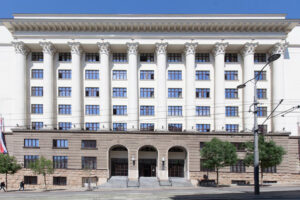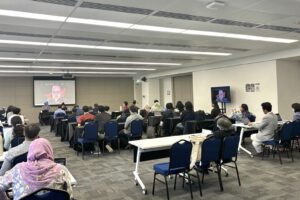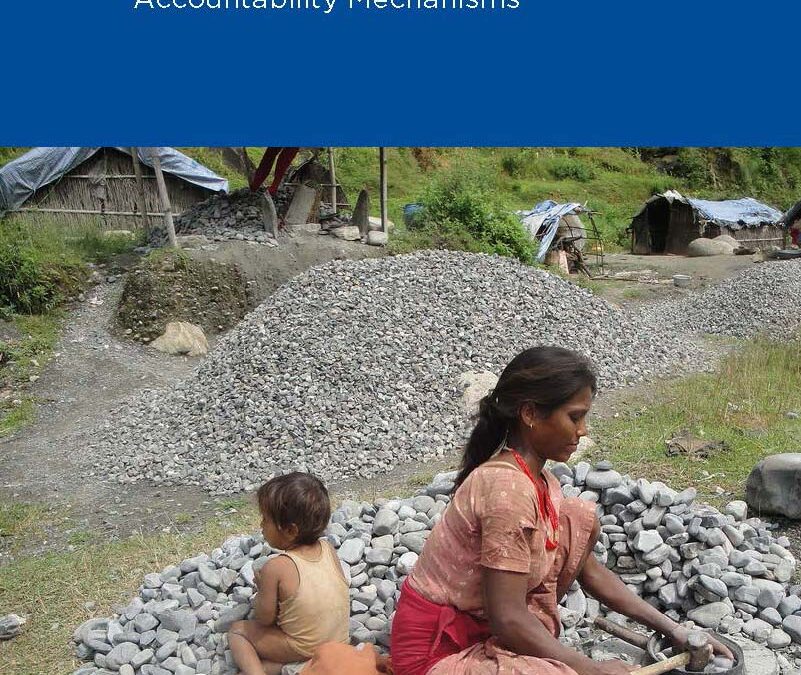
Apr 17, 2014
The conduct of international financial institutions (IFIS) often has a substantial, sometimes adverse, impact on the enjoyment of human rights of persons affected directly or indirectly by their activities.
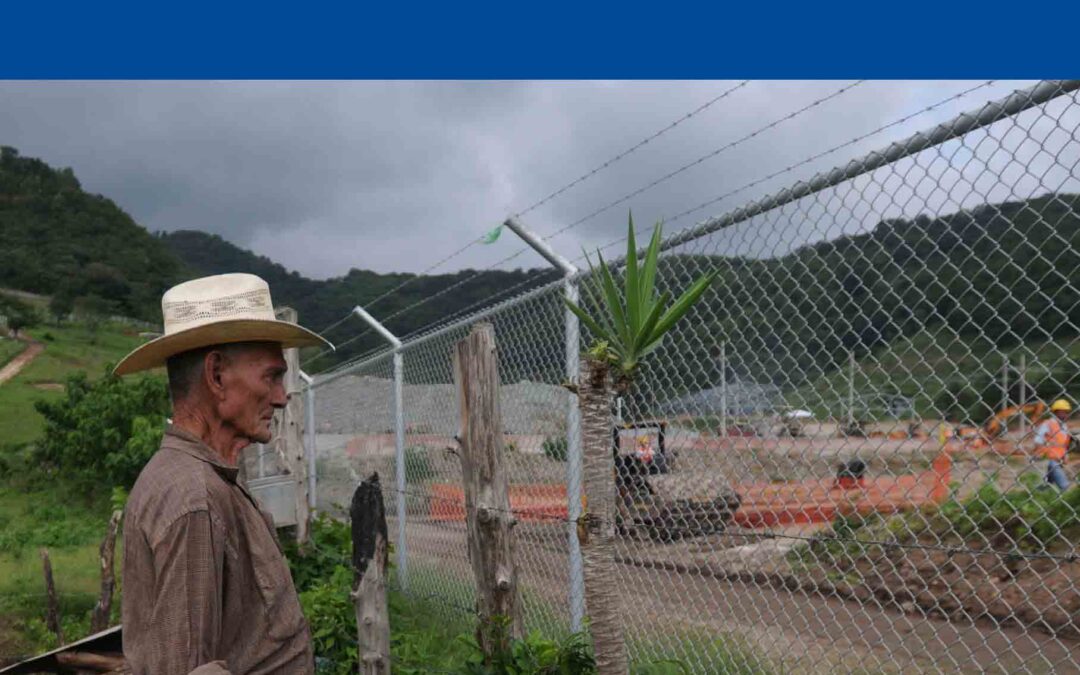
Mar 28, 2014
The ICJ has released a report (in Spanish), which analyses Guatemala’s legal and judicial system in relation to the obligations and responsibilities of business enterprises.
The report focuses on the existing legal remedies under constitutional law, labour law, civil law and criminal law, and examines concrete cases as illustrations of their implementation.
The report identifies the structural, institutional, regulatory, economic, political and social deficiencies in the country’s legal and judicial systems that make access to justice for victims of human rights abuses committed by business very difficult.
Limitations and obstacles to access justice are especially severe in relation to indigenous peoples in a country where they have been historically discriminated against.
The report recommends a set of measures for strengthening the independence of the judiciary, the reform of several pieces of legislation, the strengthening of State protection institutions, the promotion of dialogue among stakeholders and better respect for the rights of human rights defenders.
Guatemala – empresas y violaciones a los derechos humanos – report – 2014-spa (full report in Spanish, PDF)
Contact:
Carlos Lopez, Director, Business and Human Rights, carlos.lopez(a)icj.org, +41 22 979 3816
Ramón Cadena, Director, Central America, ramon.cadena(a)icj.org, +50 22 335 3325
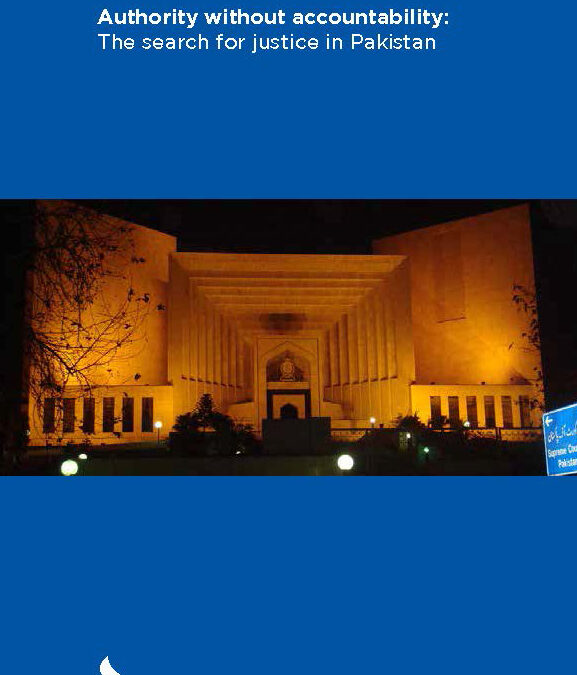
Dec 5, 2013
Supreme Court Chief Justice Iftikhar Muhammad Chaudhry finishes his eight-year term on 12 December 2013, leaving the legacy of a robust and assertive Court, as well as some well-founded criticisms of inconsistency in its approach to human rights, the ICJ says in a new report released today.
The ICJ’s 99-page report, Authority without accountability: the search for justice in Pakistan, presents a detailed assessment of the Court’s human rights jurisprudence during Chief Justice Chaudhry’s tenure.
It also provides recommendations to the Court to build on its work and improve its central role as a bulwark for the rights of the Pakistani people and the rule of law.
“The ICJ commends Chief Justice Chaudhry for redefining the Court as an independent institution and closing the door to military rule in Pakistan,” said Sam Zarifi, Asia Director for ICJ. “But there are also concerns about how the Court has exercised its judicial authority in protecting and promoting human rights.”
Under Chief Justice Chaudhry, the Supreme Court has increasingly used its authority to intervene directly in matters of public interest, invoking its “extraordinary jurisdiction’’ under Article 184(3) of the constitution.
The ICJ report shows that the Supreme Court has succeeded, in some cases, to bring accountability to a government and military that have long enjoyed impunity for human rights violations.
“However, the lack of guidelines about how the Court exercises this extraordinary power has led to criticisms about how it decides which cases to hear and, as importantly, which cases to ignore,’’ Zarifi added. “This lack of transparency corrodes the Court’s tremendous achievements and undermines the principles of rule of law that the Court seeks to uphold.”
The report documents some of the Supreme Court’s strides in strengthening the rights of victims to justice and remedy.
The Supreme Court has consistently taken a firm stance against unconstitutional usurpation of power by the military and has effectively held public officials accountable for corruption and abuse of power, it says.
In doing so, the Court has brought Pakistan closer to fulfilling some of its obligations under international human rights law.
“There is still a long way to go before civilian and military authorities in Pakistan are truly brought to justice for human rights violations,” said Zarifi. “But the Supreme Court has certainly made a visible dent in the culture of impunity, spanning decades in Pakistan.”
The ICJ study also sheds light on some inadvertent yet predictable consequences of the expanded use of Article 184(3), which if left unchecked, may weaken the rule of law and independence of the judiciary.
These include an overwhelming increase in case-load, leading to long delays faced by litigants; dispositions in cases that leave affected partied without any remedy or redress; influence on trial courts and interference with the presumption of innocence, blurring of institutional boundaries and undermining separation of powers, and the creation of a two-tier and arbitrary justice system.
“The Court should address these concerns as a matter of priority to ensure its hard-won independence is not undermined by allegations that the highest court of Pakistan is politically motivated,” said Zarifi.
“Under international standards, the judiciary must not only be independent and impartial, it must also be seen to be independent and impartial,” he added. “The absence of any actual or perceived bias is critical to ensure public confidence in the fair administration of justice.”
Some examples of the Supreme Court’s inconsistent use of its extraordinary jurisdiction to promote and protect human rights:
- The Court declared the Contempt of Court Act 2012 (a law that sought to curtail the judiciary’s contempt powers) void in less than two months after it was passed by Parliament. However, the Court has still not acted on a petition, made in 2011, calling for a review of the Actions (in Aid of Civil Power) Regulations, which facilitates enforced disappearances and arbitrary detention.
- In June 2012, the Chief Justice assumed jurisdiction on its own motion (known suo motu notice) of a case involving corruption allegations against his son, Arsalan Iftikhar. By contrast, in the same year the Court did not act when persons belonging to the minority Ahmadiyya community were attacked and their places of worship vandalized and destroyed.
The ICJ reiterates recommendations made in its 2011 Pakistan Mission Report:
- The Supreme Court should exercise its powers under Article 184(3) of the Constitution in a manner that complies with Pakistan’s obligation under international law to promote, protect and respect human rights, maintain rule of law and uphold separation of powers.
- The Court should adopt transparent yet flexible criteria to govern how cases are selected under Article 184(3), and in particular taken up under the Court’s suo motu jurisdiction, taking into account that suo moto procedures are an exception exercise of power.
Contact:
Sam Zarifi, ICJ Asia Pacific Regional Director (Bangkok), t: +66 807819002; email: sam.zarifi(a)icj.org
Reema Omer, ICJ International Legal Advisor for Pakistan (Lahore), t: +923214968434; email: reema.omer(a)icj.org
Pakistan-Authority without Accountability-Executive Summary-Publications-report-2013 (Download executive summary, in pdf)
Pakistan-Authority without Accountability-Publications-report-2013 (Download full report, in pdf)
Pakistan-Retiring Chief Justice-news-press release-2013-urdu (full text in pdf)
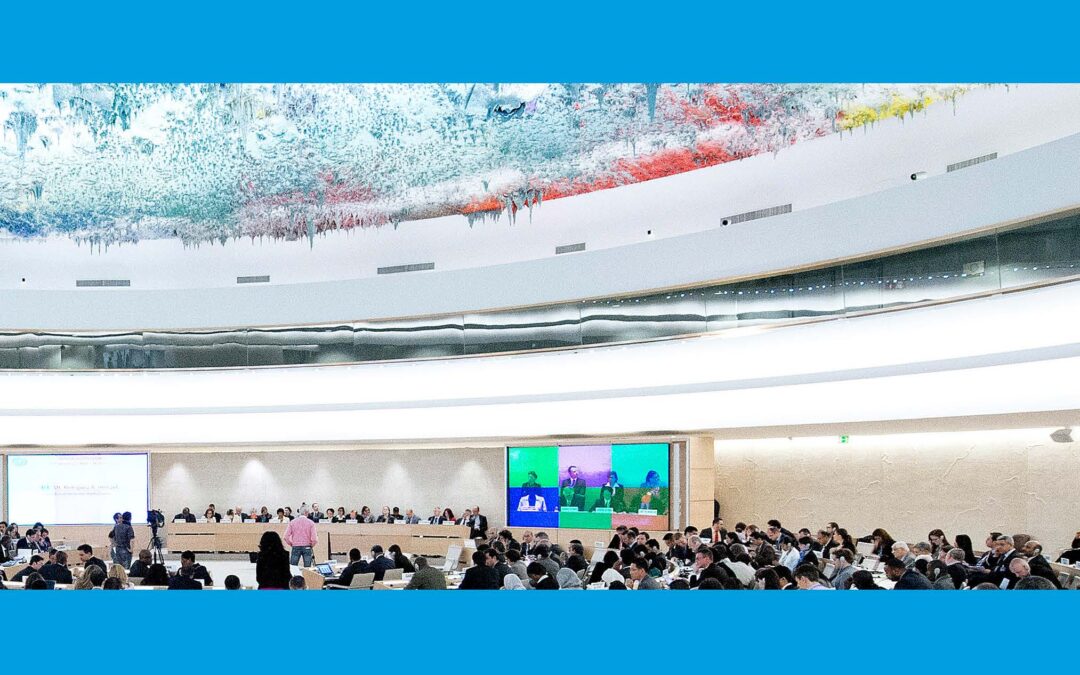
Sep 11, 2013
TRIAL (Track Impunity Always) and the ICJ presented a new publication on the potentials of Geneva-based human rights bodies in the fight against impunity and in promoting accountability of individuals responsible for crimes under international law and gross human rights violations.
The publication Promoting Accountability through the Human Rights Bodies in Geneva focuses on bodies such as the Human Rights Council, the Universal Periodic Review (UPR), Special Procedures and Treaty Bodies.
The report proposes initiatives through which States, civil society and other stakeholders can better engage the Human Rights Council and other Geneva-based human rights mechanisms promoting better accountability. They include:
- Ensuring that the Human Rights Council focuses more consistently on accountability, for instance through the introduction of a periodic resolution on international justice and accountability and with greater attention given to international criminal law and the International Criminal Court;
- Ensuring that accountability-related action points are systematically taken up by the Human Rights Council in thematic and country-specific resolutions, as well as in recommendations made within the UPR mechanism;
- Ensuring that Special Procedures and Commissions of Inquiry engage on a deeper basis with accountability-related issues, formulating appropriate recommendations and conducting studies where needed and appropriate.
“Although the UN human rights system has made great strides over the years in the promotion and protection of human rights, one area in which it has fallen short of its potential is in the area of combating impunity,” said Ian Seiderman, ICJ’s Legal & Policy Director. “As long as perpetrators of gross human rights violations avoid facing justice, human rights can never be fully realized.”
Gabriella Citroni, TRIAL’s Senior Legal Adviser added: “promoting and mainstreaming issues related to the fight against impunity requires cooperation between all stakeholders, in particular States and civil society organizations. The publication aims at fostering joint efforts to make accountability a key issue in the discussions and activities undertaken by Geneva-based human rights bodies.”
Contacts
Gabriella Citroni, Senior Legal Adviser, TRIAL,: +41 22 321 61 10 ; email: gabriella.citroni(a)trial-ch.org
Ian Seiderman, Director, Legal & Policy, ICJ, t: +41 22 979 3837; email: ian.seiderman(at)icj.org
Universal-ICJTRIAL-Geneva bodies-impunity-Publications-report-2013 (full text of version for States in pdf)
Universal-ICJTRIAL-Geneva bodies-impunity-Publications-report.2013 (full text of version for NGOs in pdf)
Photo: UN/Jean-Marc Ferré
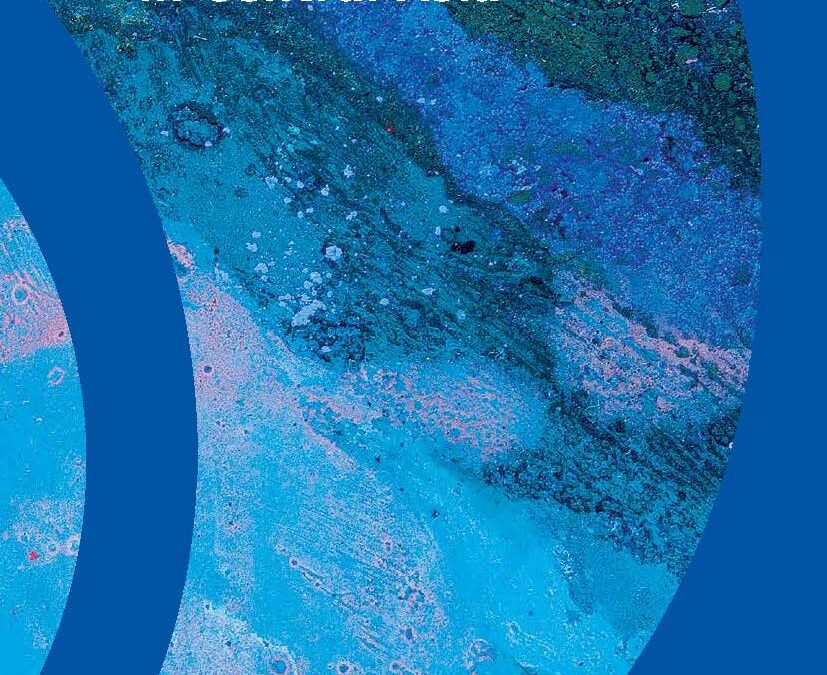
Sep 10, 2013
Many lawyers in Central Asia face serious obstacles in carrying out their functions, including harassment, intimidation and physical attacks and are in need of much greater protection for their work and independence, an ICJ new report says.
Published today, The Independence of the Legal Profession in Central Asia assesses the challenges to the independence of lawyers in Central Asia, and the barriers lawyers in the region face in providing effective legal assistance to their clients.
The report analyses the laws and practices concerning the legal profession in each of the five Central Asian states, Kazakhstan, Kyrgyzstan, Tajikistan, Turkmenistan, and Uzbekistan.
It finds that the weakness of the legal profession is deeply entrenched in the law and legal culture of Central Asian states, and that lawyers’ associations are in certain countries wholly controlled by the executive, and in others are vulnerable to undue government influence or interference.
In some countries in the region, recent reforms of the legal profession have been retrogressive, and have further undermined lawyers’ independence from government, the report shows.
“Across Central Asia, dedicated and independent lawyers who work to protect the rights of their clients, are facing harassment, intimidation and physical attack, as well as impediments to accessing clients in detention, and unequal treatment in courts that impose convictions in nearly 100 percent of cases considered,” said Róisín Pillay, Director of the Europe Programme of the ICJ. “With stronger, independent institutions to govern the legal profession, and greater protection for their work and their independence, lawyers in Central Asia could contribute significantly to strengthening the rule of law in their countries and implementing human rights protections guaranteed under national and international law.”
“There needs to be significant reform both of the law, and of practice, to ensure compliance with international standards on the role of lawyers, ” she added.
The report also examines systems for entry to the legal profession and licensing of lawyers, which in most countries of Central Asia are controlled by the Ministry of Justice, rather than by independent associations of lawyers.
There are similar problems with the disciplinary system for lawyers, which, contrary to international law and standards, is typically subject to significant government control or influence, it says.
“The disciplinary systems of Central Asian countries have failed to address the long-standing problem of lawyers, particularly some state-funded defence lawyers, who act not in the interests of their clients, but effectively under the dictates of the prosecution or other powerful interests,” said Temur Shakirov, Legal Adviser of the Europe Programme. “On the other hand, it is a matter of concern that lawyers who diligently carry out their roles in representing their client’s interests and protecting their rights in accordance with recognized professional standards, have been threatened with or subjected to disciplinary measures.”
The report makes recommendations designed to ensure that lawyers operate independently and effectively to represent the interests of their clients and protect their human rights.
These recommendations are based on international law and standards including the UN Basic Principles on the Role of Lawyers, which affirm the obligation of governments to protect lawyers against intimidation, hindrance, harassment or improper interference in the performance of their professional functions, and protect the right of lawyers to form and maintain independent, self-governing professional associations to represent their interests, promote their training and protect their professional integrity.
CONTACTS:
Róisín Pillay, Director, ICJ Europe Programme, roisin.pillay(a)icj.org
Temur Shakirov, Legal Adviser, ICJ Europe Programme, temur.shakirov(a)icj.org
Central Asia-Legal Profession Report.press release-2013-Rus (full text in pdf)
Central Asia-Independence of the Legal Profession-Publication-2013-Eng (full text in pdf)
Central Asia-Independence of the Legal Profession-Publication-2013-Rus (full text in pdf)
Picture: Almaty Collegium of Lawyers, Legal Consultation








